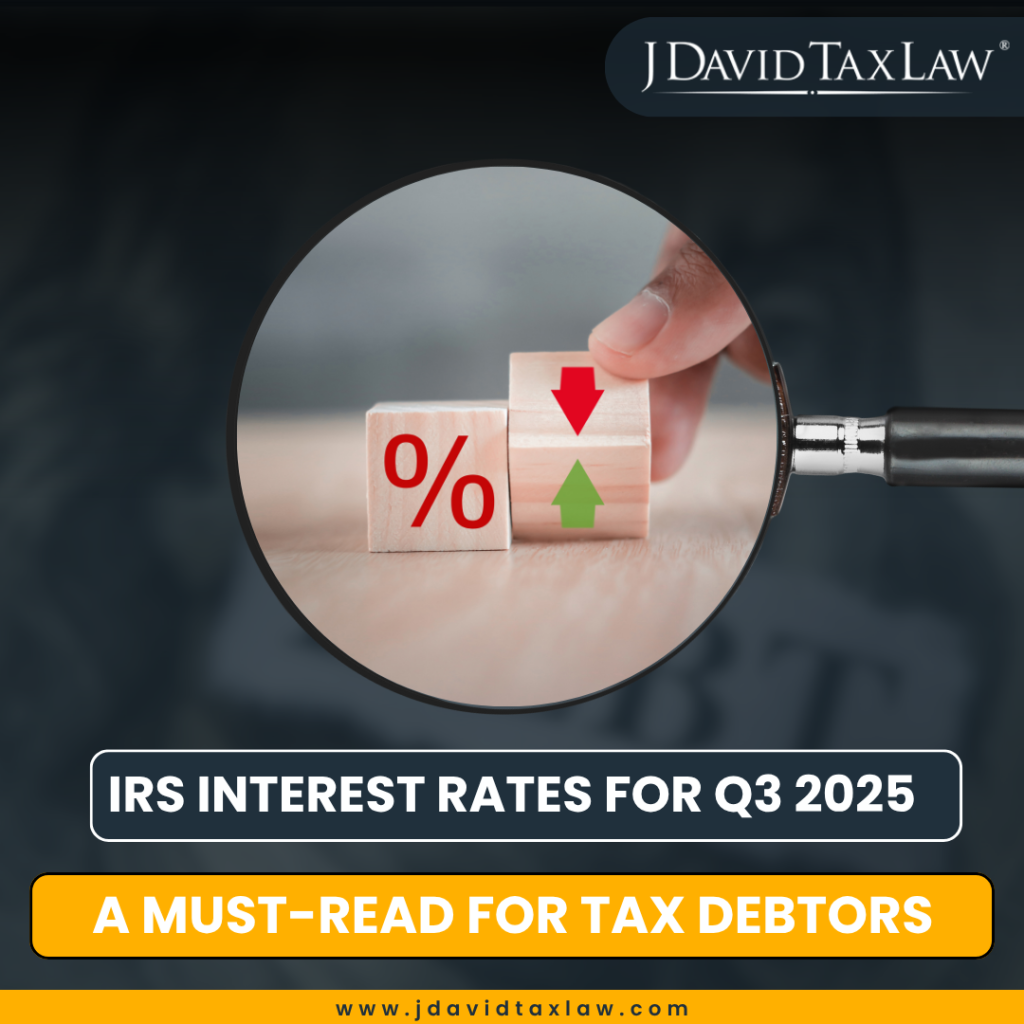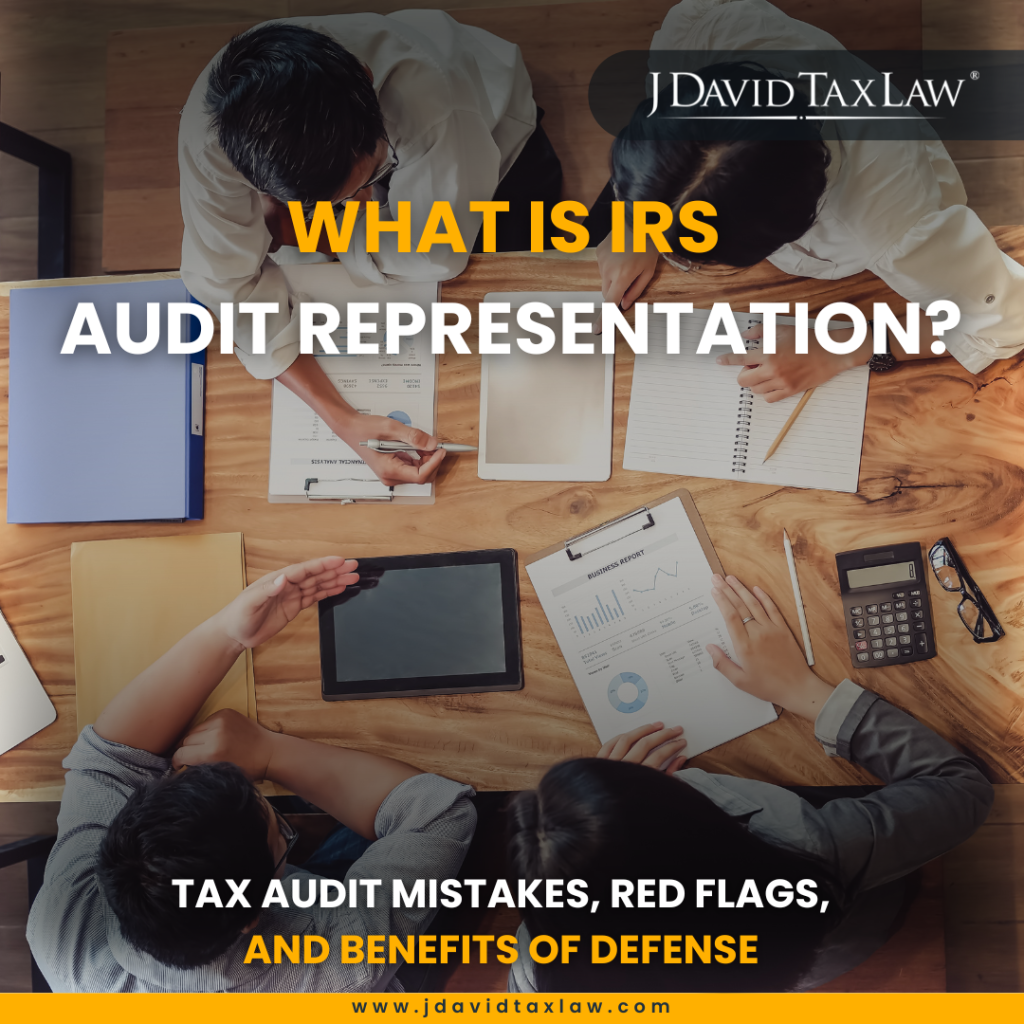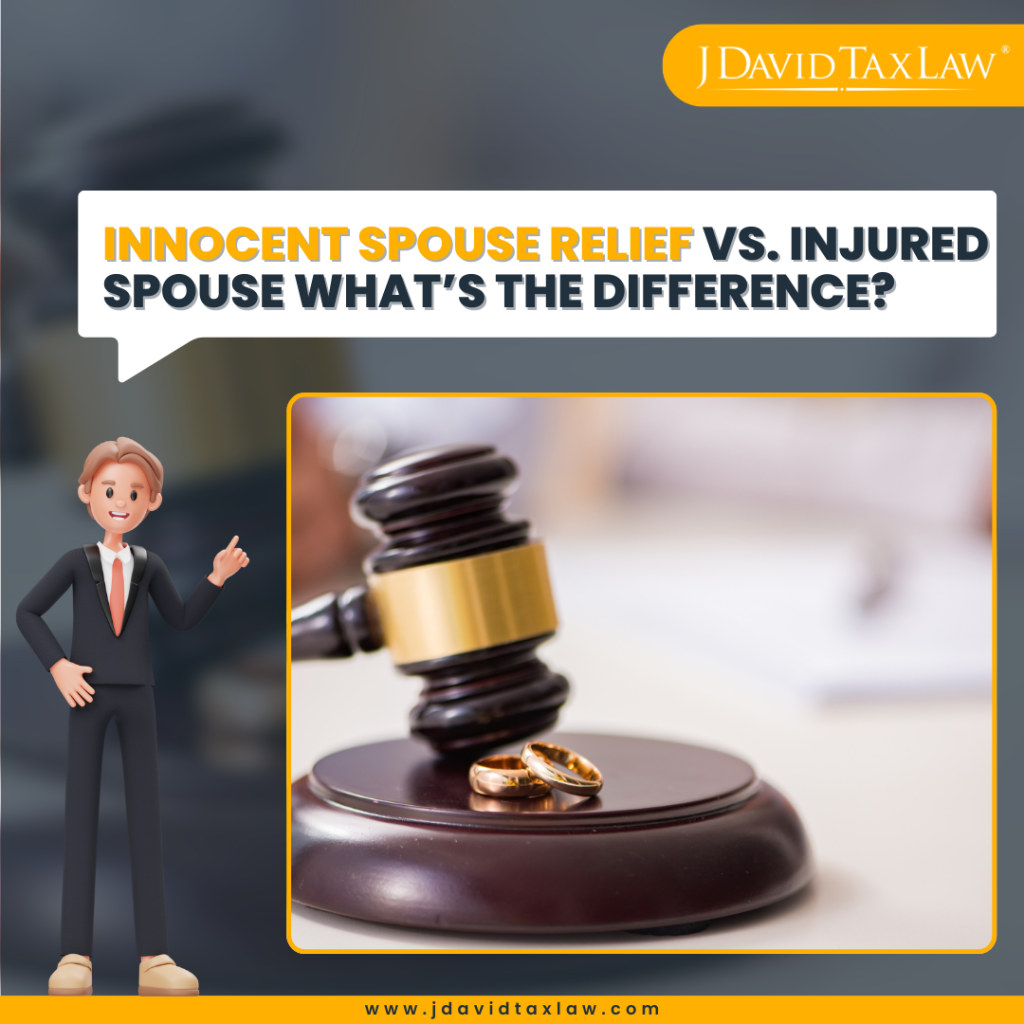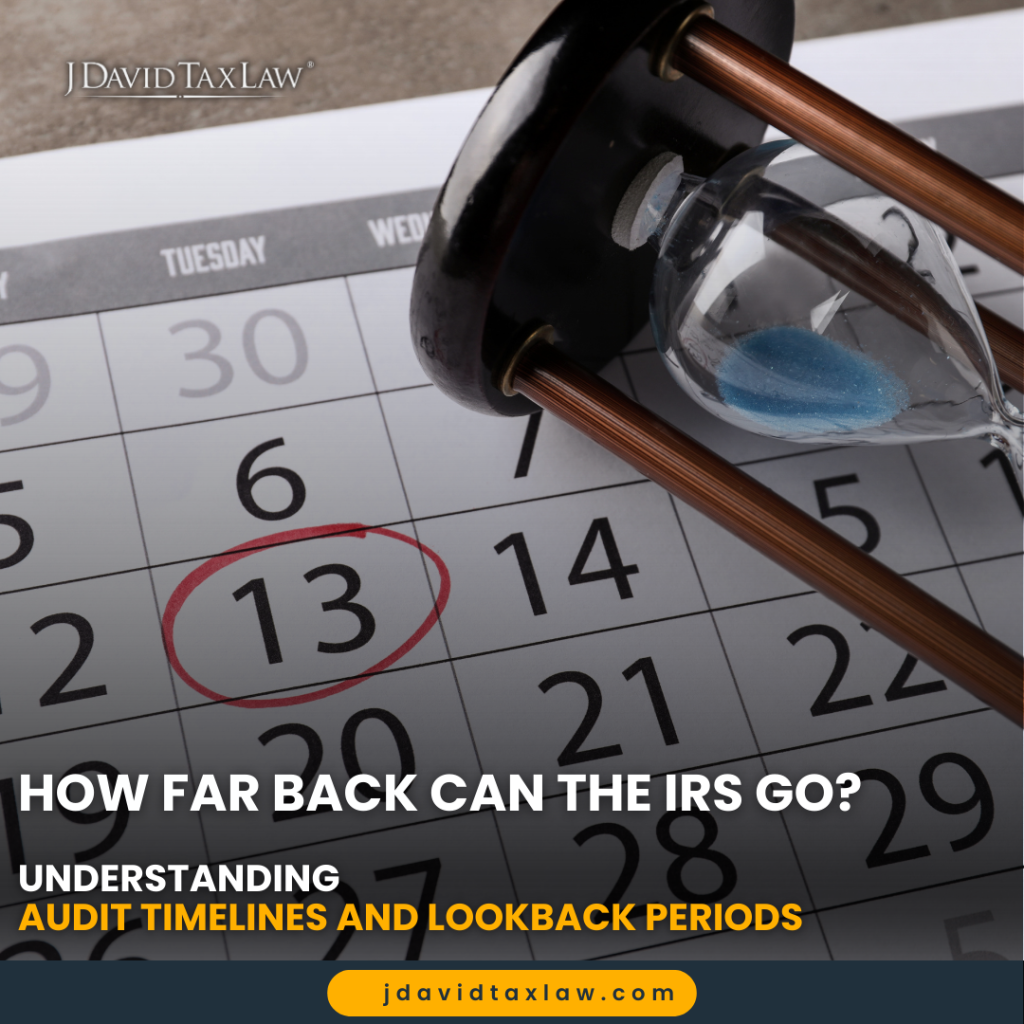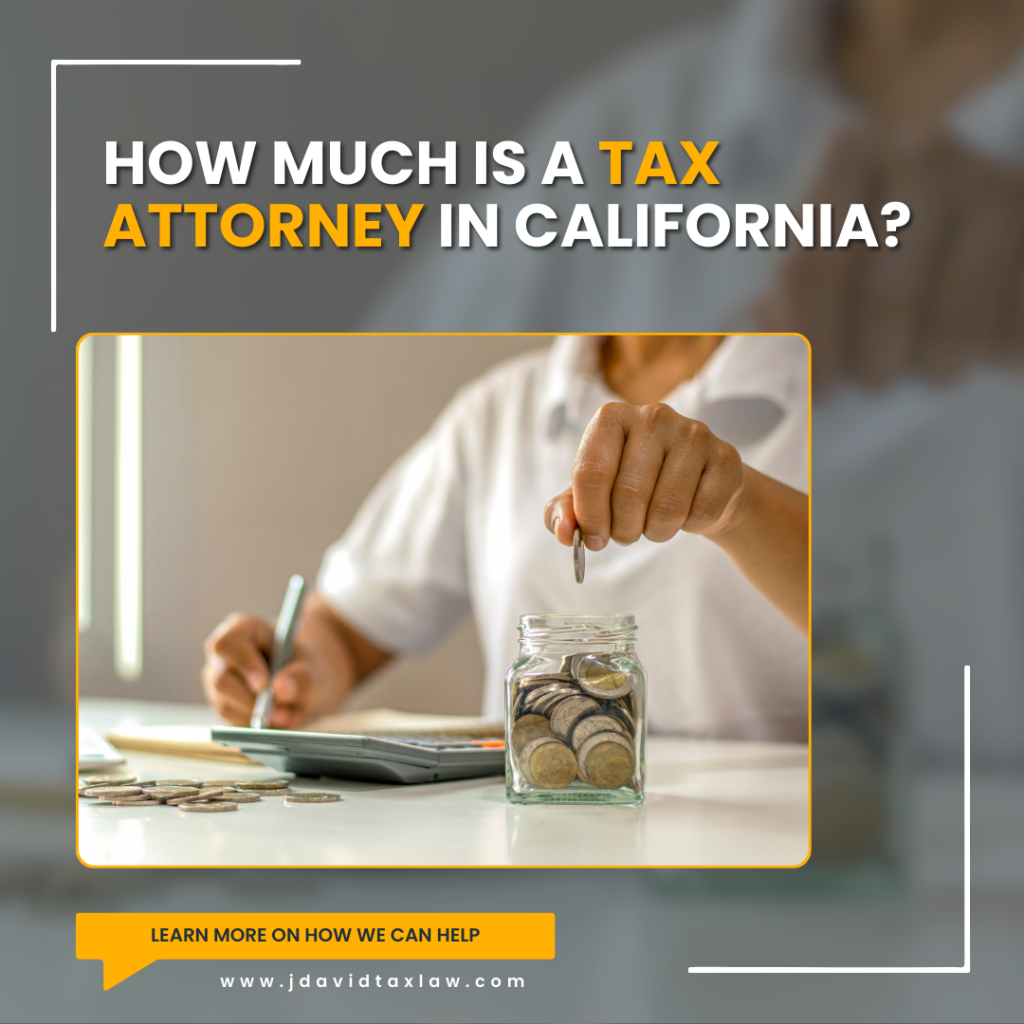IRS Interest Rates for Q3 2025: A Must-Read for Tax Debtors
The IRS has confirmed its interest rates will remain the same for the third quarter of 2025, effective July 1 through September 30. If you owe back taxes or have an outstanding balance with the IRS, here’s what those rates look like:
7% for underpayments (individuals and most businesses)
9% for large corporate underpayments
7% for overpayments (6% for corporations)
4.5% on corporate overpayments exceeding $10,000
While the interest rate remains the same, your tax debt continues to accumulate. Any cautious taxpayer knows 7% is a dangerous, life-altering rate for long-term tax debts.
Nonetheless, this unchanged rate is an opportunity for delinquent taxpayers to act before it’s too late.
In the sections that follow, we’ll explain what this means for taxpayers and what you can do about it.
What the IRS Interest Rate Means If You Owe Taxes
If you have unpaid federal taxes, the IRS charges interest on your balance until it’s fully paid.
At 7% compounded daily, that adds up faster than many credit cards or personal loans, which are as high as 21% or more. For large corporate accounts, the 9% interest rate makes delays even more costly.
Here’s what that means for you:
You’ll pay more the longer you wait: Because IRS interest compounds daily, your balance grows even if you don’t miss another payment. A $10,000 debt could increase by over $700 in interest alone in one year, not including late penalties.
It applies whether you filed or not: Interest is charged on all unpaid balances, whether you filed a return or not. If you never filed at all, the IRS can assess a balance based on estimates and start adding interest immediately.
Interest adds to penalties: The IRS charges both interest and penalties. This makes your tax debt balloon unless you address it. Penalties like Failure to Pay (0.5% per month) are added on top of interest, not instead of it.
The IRS is Forgiving Millions Each Day. You Could Be Next.
How IRS Interest Affects Back Tax Debt
IRS interest can seem small at first glance, but when combined with penalties and compounding over time, it turns a manageable balance into a growing financial burden.
Let’s say you owe $10,000 in unpaid taxes and don’t address it for a full year. At the current 7% interest rate, the daily compounding adds up, and that doesn’t even include penalties for late filing or payment. Over 12 months, your balance could grow by hundreds or even thousands of dollars, depending on your situation.
And here’s the catch: interest keeps adding up even if you’re on an IRS payment plan. Every month you delay full resolution, your total cost goes up.
That’s why it’s crucial to act quickly. The longer you wait, the harder it becomes to break free from the debt, and the more leverage the IRS has in collections.
The Relationship Between Interest and Penalties
IRS interest and penalties are often lumped together, but they’re different, and they stack on top of each other.
Interest is Automatic
It starts the day after your tax is due and compounds daily, even if you’re on a payment plan. There’s no way to pause or reduce it unless your debt is paid or officially deemed uncollectible.
Penalties Target Specific Problems
While painful, some penalties can be reduced or removed through Penalty Abatement programs, like the First-Time Penalty Abatement or Reasonable Cause Relief.
But here’s the key point: The IRS charges interest on penalties, too. That means if you’re hit with a penalty, and you don’t pay it right away, you’ll pay interest on the original debt and on the penalty itself.
Acting early, before interest and penalties snowball, is the only way to keep the cost from spiraling.
How to Stop IRS Interest From Growing
While you can’t get IRS interest waived in most cases, you can stop it from accumulating further. The key is to act quickly and choose the right resolution strategy based on your financial situation. Here are your main options:
1. Set Up a Payment Plan
Even if you can’t pay in full, the IRS allows installment agreements. Once your plan is active and you’re making consistent payments, the IRS won’t escalate enforcement, and while interest continues, you’ll avoid additional penalties. Tax attorneys, such as J. David Tax Law, are expert negotiators within legal codes and can help you devise a favorable payment plan with the IRS.
2. Apply for an Offer in Compromise
If your finances show you can’t realistically pay the full amount, you might qualify to settle your tax debt for less. It’s a strict process, but if accepted, your debt stops growing, and so does the interest.
Check out how Offer in Compromise can help
3. Request Currently Not Collectible (CNC) Status
If you’re experiencing financial hardship, the IRS may agree to pause all collection efforts. While interest continues to accrue in CNC status, the IRS won’t take enforcement action, giving you breathing space.
See if CNC status fits your situation
4. Pay the Balance in Full
Although it’s a less convenient option for capable taxpayers, paying in full is the only way to stop all interest and penalties completely. If you can pay or borrow at a lower rate, it could save you thousands that will accrue over time.
5. Get Representation
At J. David Tax Law, our attorneys help you avoid costly missteps. We know which resolution options fit your unique case and how to negotiate directly with the IRS to freeze or reduce damage as quickly as possible. You can talk to a professional for free to know the veracity of your back taxes and best settlement applicable.
How a Tax Attorney Can Help You Pay Less in IRS Interest
IRS interest adds up fast, especially when combined with penalties and delayed responses. However, you can reduce the amount payable by a large margin if professionals handle your case.
A tax attorney can step in early to reduce long-term costs, find relief options, and negotiate a faster, smarter resolution with the IRS.
Contact J. David Tax Law today for legal help that reduces what you owe.
Frequently Asked Questions About IRS Interest Rates
Are IRS interest rates fixed?
Can I negotiate the interest I owe the IRS?
Does interest still apply if I’m on a payment plan?
What if the IRS miscalculated my interest?
What happens if I ignore IRS interest and don’t pay?
Your balance grows, and the IRS can begin aggressive collection actions, including liens, levies, and garnishment. The longer you wait, the more interest you’ll pay and the fewer options you’ll have.





